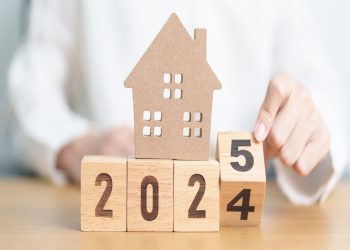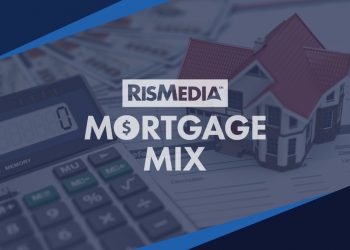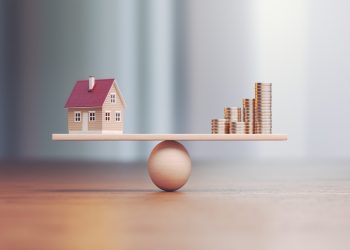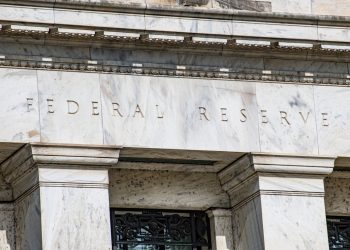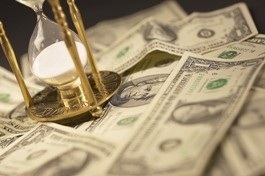 RISMEDIA, April 10, 2009-(MCT)-Slightly more than half of Americans think the U.S. economy has stabilized, and almost three in every four think it will take longer than six months for a massive economic stimulus program to be felt, an Ipsos-McClatchy tracking poll showed. A separate survey released by Ipsos, done for the Royal Bank of Canada, showed the first significant boost in consumer confidence since September 2008, when the global financial crisis erupted.
RISMEDIA, April 10, 2009-(MCT)-Slightly more than half of Americans think the U.S. economy has stabilized, and almost three in every four think it will take longer than six months for a massive economic stimulus program to be felt, an Ipsos-McClatchy tracking poll showed. A separate survey released by Ipsos, done for the Royal Bank of Canada, showed the first significant boost in consumer confidence since September 2008, when the global financial crisis erupted.
Results from both polls are sure to be welcome news to President Barack Obama and his Treasury Department, which has spent the past two months working round the clock in an effort to reverse the worst economic crisis since the Great Depression.
The Ipsos/McClatchy tracking poll found that 52% of Americans now think the U.S. economy has stabilized. That’s well up from the 35% who felt that just four weeks earlier. “That’s a 17-point bump. It’s congruent with what were kind of seeing … people are feeling at least that the bottom has bottomed out I guess, and at least were stabilizing,” said Clifford Young, an Ipsos spokesman.
Only one in three Americans thought the worst of the economic crisis is still to come, compared to 57% last month.
And in another bit of good news, 72% of poll respondents expected the $787 billion economic stimulus package to show results in a period beyond six months. It suggests that the Obama administration’s plea for patience seems to have created expectations for a recovery over a longer horizon.
“I think that would be consistent with the reports we are seeing out of the economy that are now popularly called these ‘green shoots.’ There is no doubt that there is less bad news around, unemployment aside, that would be consistent with consumers thinking things are not going to get worse,” said James Dunigan, managing director of investment for PNC Wealth Management in Pittsburgh.
Among the “green shoots” of a recovery are lower mortgage rates, which have prompted new refinancing and some growth in new home purchases. Other boosts to consumer confidence include lower gasoline prices, some reduction of payroll taxes as part of the economic stimulus plan passed by Congress and tax rebates going out ahead of the April 15 filing deadline.
That’s not to say that there aren’t risks ahead, not the least of which is that credit markets remain tight and lending restrained. The Treasury Department by month’s end will have completed stress tests on the country’s 19 largest banks, and the results could lead to new concern about the banking sector.
And in the coming weeks, the Obama administration will implement its program to co-invest in the so-called toxic assets. If that doesn’t go well, it could lead to more uncertainty.
There’s been a steady stream of bad news since last September, and month-by-month through March, when the RBC Cash Index set new lows for consumer confidence.
“However, either through the efforts of government and business to correct the situation or from consumers’ own weary acceptance of their new, diminished, circumstances – consumer confidence has shown a significant improvement for the first time in half a year,” the survey’s authors concluded. “This increase is also bolstered by the continuing improvements in confidence in real estate and hopefully marks the start of a trend marking improved consumer confidence.”
© 2009, McClatchy-Tribune Information Services.
www.mcclatchydc.com.




